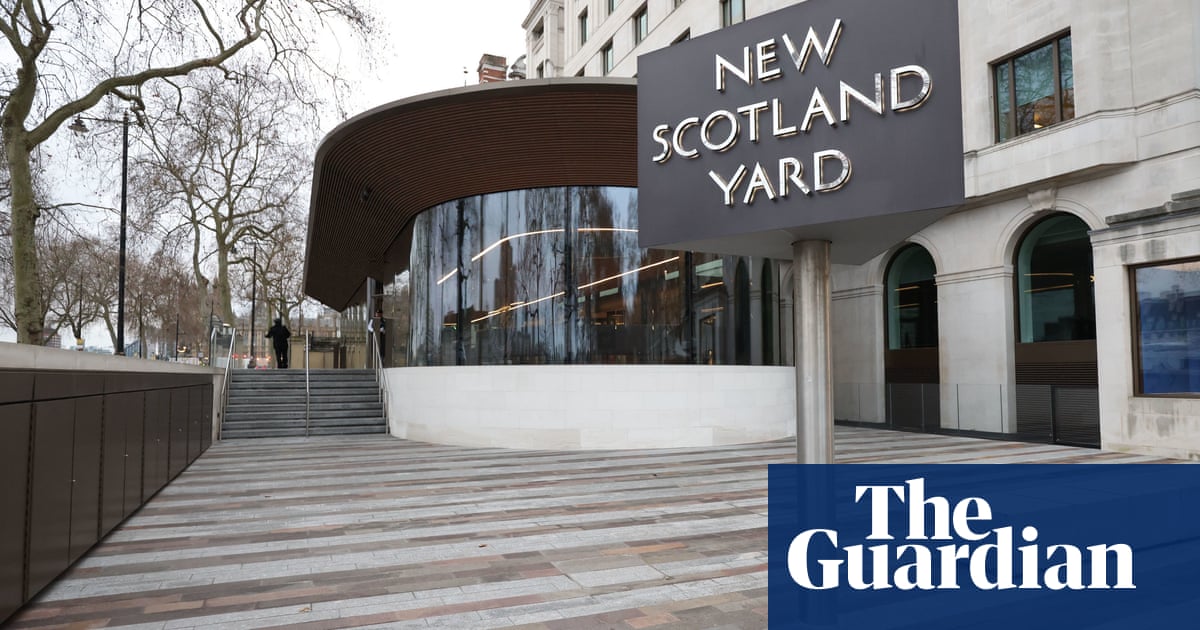
Ten police officers accused of sharing racist, antisemitic and sexist WhatsApp messages have lost a battle to prevent Police Scotland taking disciplinary action against them.
The officers claimed that their rights to privacy had been breached after senior officers uncovered two private WhatsApp groups during an investigation into another officer’s alleged misconduct.
The messages allegedly included an antisemitic joke, as well as the sharing of images from crime scenes in live investigations.
Their attempts to block disciplinary action were rejected on Wednesday by three appeal judges at the court of session, who ruled an earlier hearing had correctly found all 10 officers could be subject to Police Scotland disciplinary proceedings.
Lady Dorrian, the lord justice clerk and Scotland’s second most senior judge, said Lord Bannatyne had found last year “a reasonable person having regard to the content of the messages would be entitled to reach the conclusion that they were sexist and degrading, racist, antisemitic, homophobic, mocking of disability, and included a flagrant disregard for police procedures by posting crime scene photos of current investigations.
“The messages also included pictures of a police shift pattern and a police bulletin.”
One of the private groups was called Quality Polis and the other group was called PC Piggies.
Bannatyne ruled that the messages could undermine public confidence that police in Scotland were unbiased, and respected people’s race, sexuality and disabilities.
The 10 officers had signed up to the force’s regulations and standards, and sworn an oath to act with “fairness, integrity, diligence and impartiality [and] uphold fundamental rights and accord equal respect to all people, according to law”.
The officers, who are not being named for legal reasons, are understood to come from several divisions across Scotland. Their messages were found while professional conduct detectives were investigating sexual misconduct complaints against another officer, not involved in this case, who was later cleared.
The 10 argued they were entitled to privacy under article 8 of the European convention on human rights, and this common law right to privacy meant the messages could not be used against them.
That argument was challenged by lawyers for Police Scotland because the content of the messages could interfere with their ability to uphold their duties as police officers or give that impression to the public.
The three appeal judges said Bannatyne agreed with the force when he ruled that “the principle purpose of the police was the protection of the public. An officer behaving in the way reflected in the messages could reasonably be inferred to be likely to be someone who would lose the confidence of the public and cause a decline in confidence in the police.
“As the police could not operate efficiently without such public confidence, public safety would be put at risk, and the police would be less able to prevent disorder or crime.
“Furthermore, certain aspects of the messages showed a mindset where the public’s right to be treated fairly and equally was called into question. An officer who held these types of views was less likely to have the confidence of the public and in turn public safety would be put at risk.”
The onus on those officers to uphold the force’s rules and protect the public overrode their right to privacy, and it was proportionate for Police Scotland to use the messages, the court said.












